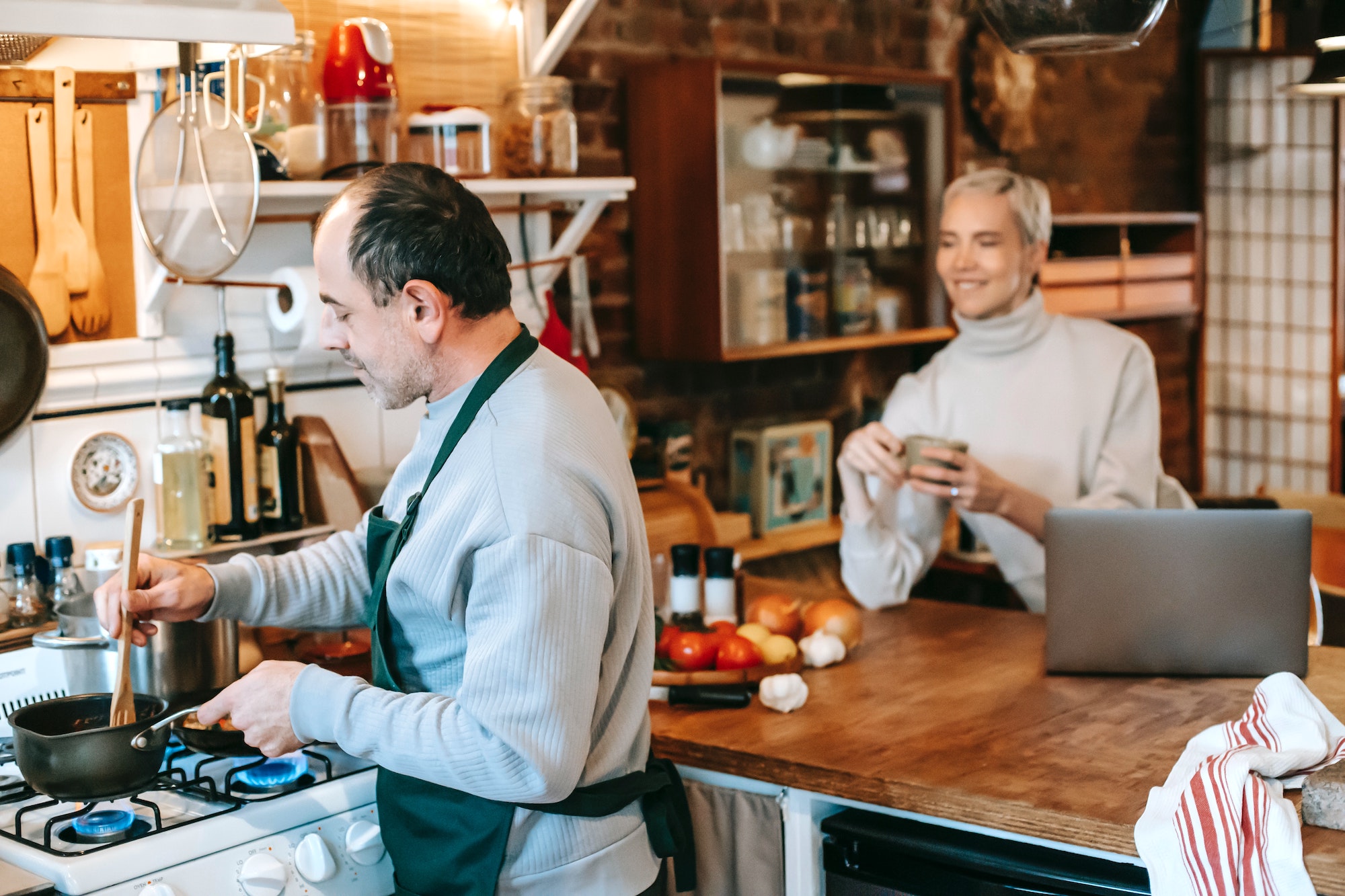With the pandemic halting multiple industries worldwide, especially foodservice and tourism, aspiring food entrepreneurs might have been discouraged to chase after their own dreams. They are not to blame, though.
A year and a half since COVID-19 first struck the country, the foodservice industry’s situation still makes for a tearful topic. Because of the coronavirus, many restaurateurs—with some having a stable run for the longest time—have since laid off staff, downgraded space, and even closed shop altogether.
In September last year, 90,000 businesses including micro, small, and medium enterprises in the Philippines were shut. These establishments struggled with resilience, with the government imposing outright costly albeit necessary safety protocols and frequently changing restrictions.
Even Manila’s most famed restaurants were not spared, with some bidding farewell recently. From neighborhood faves like The Chocolate Kiss Café and Shangri-La Finest Chinese Cuisine to Poblacion “it” pubs like Polilya and NoKal, restaurants saying goodbyes have left social media communities in tears.
A year and a half since COVID-19 first struck the country, the foodservice industry’s situation still makes for a tearful topic. Because of the coronavirus, many restaurateurs—with some having a stable run for the longest time—have since laid off staff, downgraded space, and even closed shop altogether.
Now the question is: Can aspiring food entrepreneurs still dream?
We daresay yes. The industry itself over time has kept an optimistic mindset. This attitude has translated into imaginative ways of not just earning income but also helping communities. Case in point: Local farm shops spreading, restaurants pivoting to delivery and takeout to the benefit of their employees and third-party riders, independent businesses filling the gaps of international chains that have since closed stores.
The dream still remains, especially with schools now adapting to the times. In the new normal, culinary schools have developed new ways of teaching the tenets of food entrepreneurship digitally. Here are some online courses that might be worth the investment.
Bachelor of Science in Entrepreneurial Management Major in Culinary Arts at CCA Manila (in partnership with U&AP)
CCA Manila combines its mastery of culinary education with the University of Asia and the Pacific’s reputation in stellar business course offerings. It’s the first of its kind in the country, teaching not just kitchen skills but also wisdom to manage a successful food enterprise. “The key objectives of the program is to Provide, Nurture, and Guide. ‘Provide’ concepts and tools on entrepreneurial management. ‘Nurture’, enhance, and develop the students’ entrepreneurial mindset, and ‘Guide’ toward establishing and running a profitable and sustainable food enterprise,” says CCA Manila Chancellor for Education Ma. Veritas F. Luna in a statement.
Various courses at Le Cordon Bleu Ateneo de Manila Institute
France-hailing Le Cordon Bleu has shifted partly to the digital realm with certificate courses now available online. Its art de vivre teaching style has made its centuries of existence a brand of excellence, and proudly promises to translate this into the new normal.
Undergraduate courses include hospitality management, food and beverage management, gastronomy, food merchandising, tourism management, event management, business, hospitality financial management, and hospitality marketing. Graduate courses, meanwhile, cover hospitality management, business administration, hospitality decision making, and hospitality leadership. Non-accredited courses including classes on food photography, food writing, fermentation, and the art and science of multi-sensory dining are also offered.
Progressive culinary and pastry series at the International School for Culinary Arts & Hotel Management
ISCAHM’s goal with its interactive series is to transform students into “kitchen legends” while at home. Culinary arts and pastry arts are taught in ladderized programs and certificate courses. A complete series, comprising six levels to be finished within three months, is also available.

Online culinary experience at Enderun Extension
In partnership with École Ducasse, Enderun Extension’s Online Culinary eXperience offers culinary and pastry classes through videos, recipes, and online activities. The École Ducasse Manila Culinary and Pastry chefs take over the ongoing series, offering live recipe discussions with direct interaction. Culinary kits including the ingredients are made available via delivery.
Online pastry and culinary programs at Academy of Pastry and Culinary Arts
Next to the online programs available in basic, intermediate, and advanced levels, ACPA also offers a Master Chef series—a set of evergreen workshops featuring Martin Lippo among other world-class names in the industry. Access to all pre-recorded videos within the Master Chef series is offered at $220.
Baking arts, pastry arts, and international cuisines at Global Culinary and Hospitality Academy
Global Academy’s digital venture has allowed itself to cater to students even from outside the country. Through its Modular E-Learning Portal, the school now teaches professional baking and pastry arts, professional culinary arts, and international cuisines online.





